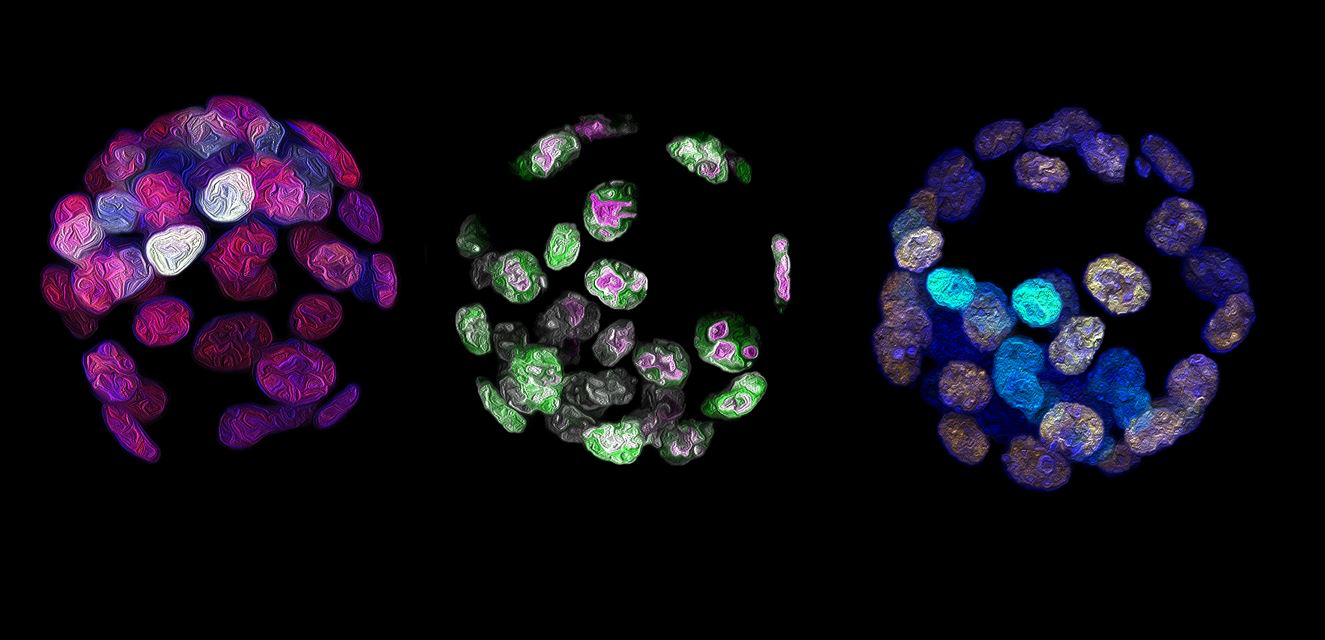2024:
Jana Adali for her thesis Correlation of absolute chlorophyll content to the photosynthesis capacity under different management regimes in two wet grassland plants Carex canescens and Phalaris
Nina Dudáková for her thesisElucidation of the function of Kap60 and Kap95 in the tRNA retrograde pathway in Trypanosoma brucei.
Alfred Emiri for his thesis Elucidation of the retrograde transport of contact-dependent inhibition (CDI) toxins through bacterial SecYEG translocon complex.
Václav Hinterhölz for his thesis Determination of selected boswellic acids in frankincense resin and its products by high-performance liquid
chromatography with spectrophotometric detection.
Natasha Machate for her thesis Researching the capacity of fungal strains to consume methane.
Laura Nosková for her thesis Eating the cold air: Isolation and identification of aerobic psychrophilic diazotrophs from permafrost soil.
Pavel Kožnar for his thesis Use of graphical software tools for vizualization of molecules, formulae and graphs during chemistry education at high schools and grammar schools.
Ondřej Šimeček for his thesis Genome size stability of dried tissues of selected genera of ferns and lycophytes.
Teresa Wagner for her thesis Investigation of MICOS in two life cycle stages of Trypanosoma brucei.
Runa Weissengruber for her thesis How endophytic actinobacteria respond to pharmaceuticals present in soil?
2023:
Philipp Hebesberger for his thesis Sirtuins as regulators of apoptosis induced proliferation in the eye of Drosphila melanogaster
Moritz Keller for his thesis The secrets encoded in the draft genome of Lentzea sp. strain BCCO-61, isolated from reclaimed mining heaps
Angela Kienberger for her thesis Detection and isolation of relapsing fever spirochete, Borrelia miyamotoi, from Ixodes ricinus collected in the Czech Republic: separation of relapsing fever and Lyme disease spirochetes by cultivation on solid medium
Konstantin Kosenko for his thesis Combination of immunotherapy with inhibitors of glutamine metabolism
Anna Kruglhuber for her thesis Mechanism of retrograde transport in contact-dependent inhibition (CDI) toxins through the bacterial translocon.
Ondřej Kuchynka for his thesis Studies of expression and localization of endogenous G-protein subunits using bioluminescence imaging
Palavinnage D. Sanchila Kumaranatunga for her thesis Towards the establishment of a curated database for the signature gene of aerobic methane oxidizing microorganisms.
Mia Nußbaumer for her thesis Role of the serotonin receptor type 7 (5-HT7) in autoimmune disease
Nikola Opolzerová for her thesis Možnosti fotochemické degradace sulfonamidů a antibiotik ze skupiny diaminopyrimidinů
Solomia Pylypchuk for her thesis Molecular cloning, expression and purification of the tick salivary serpin IRS-7
Audra Salburg for her thesis 3D SBF-SEM analysis of inner organization of unicellular protist cell.
Klára Švihovcová for her Stanovení vybraných pohlavních a stresových hormonů savců pomocí APCI-LC/MS
Josef Troup for his thesis Stanovení vybraných fenolů v cigaretových nedopalcích pomocí kapalinové chromatografie
Adéla Veselá for her thesis Vývoj metody pro stanovení vybraných aromatických aminů pomocí LC/MS
Sabrina Vranjes for her thesis Differential expression of genes in replicative (spiral) and persistent (biofilms) forms of the causative agent of human Lyme borreliosis
Isabela Marie Vlasak for her thesis Identifying and quantifying the degradation efficiency of chitinase in Pseudomonas.
Victoria Weijler for her thesis Biocontrol of slugs: Effects of slug parasitic nematodes and bacterial metabolites on harmful slugs.
2022:
Jacqueline Bittner for her thesis Validation of mitochondrial localization and essentiality of prioritized proteins assigned to the tripartite attachment complex in the protozoan parasite Trypanosoma brucei
Miroslava Bromová for her thesis A link between structure and activity of acyclic nusleoside phosphonates, inhibitors of Trypanosoma brucei purine phosphoribosyl transferases
Marco Halbeisen for his thesis Modelling of tick borne enecephalitis virus (TBEV) proteins and their complexes
Vladyslav Lazebnyk for his thesis Assembly of the unique Trypanosoma brucei F1-ATP synthase
Robin Schürz for his thesis Comparison of metabolic pathways in insect symbiotic bacteria
2021:
Mirjam Odermatt for her thesis Investigation of stability and dynamics of photosynthetic pigment- protein complexes using optical spectroscopy
Laura Zellner for her thesis Preparation of antibodies to determine the association of mitoribosomal complexes with mitochondrial membrane
2020:
Anna-Marija Andova for her thesis Determining the subcellular compartment in which the unique cleavage of mitochondrial F1 ATPase subunit alpha happens
Marc Ninou-Codina for his thesis Theoretical study of bacteriochlorophyll aggregates using methods of quantum chemistry and molecular mechanics
Lena Graf for her thesis Transformation of marine protist Diplonema papillatum – characterization of selected cell lines
Sasha Gratzl for his thesis Post-transcriptional regulation of TbIF1 in life cycle of Trypanosoma brucei
David Hollaus for his thesis Determining the role of F0F1-ATP synthase dimers in Trypanosoma brucei mitochondrial biogenesis
Iryna Kondrashchenko for her thesis Evaluation of different methods of glycan enrichment to their subsequent MS identification
Amelie Klein for her thesis Phylogenetic and seasonal patterns in the microbiome of mosquito vectors
Melissa Leibetseder for her thesis Latitudinal effect on mosquitoes microbiota
Vanja Mirosavljević for her thesis Effect of high fat diet feeding on resistance to bacterial infection in Drosophila melanogaster
Nora Müller for her thesis The novel kinetoplastid kinesin TbKIFx and its partner TbPH1 are associated with specific cytoskeletal structures of Trypanosoma brucei
Sebastian Tschernuth for his thesis The role of juvenile hormone during immune reponse in Drosophila melanogaster

